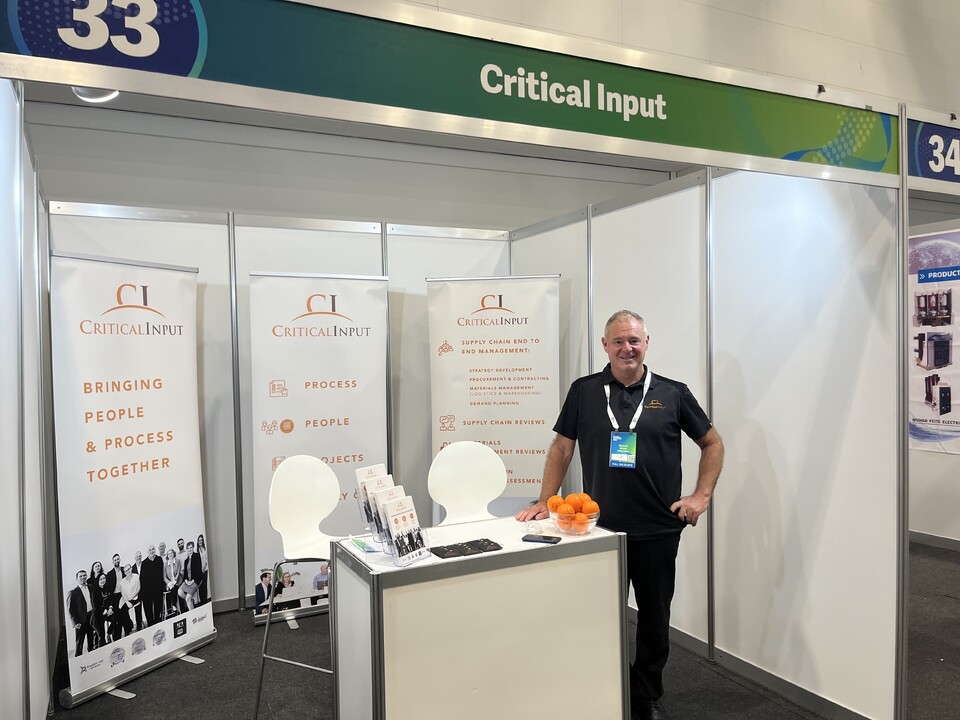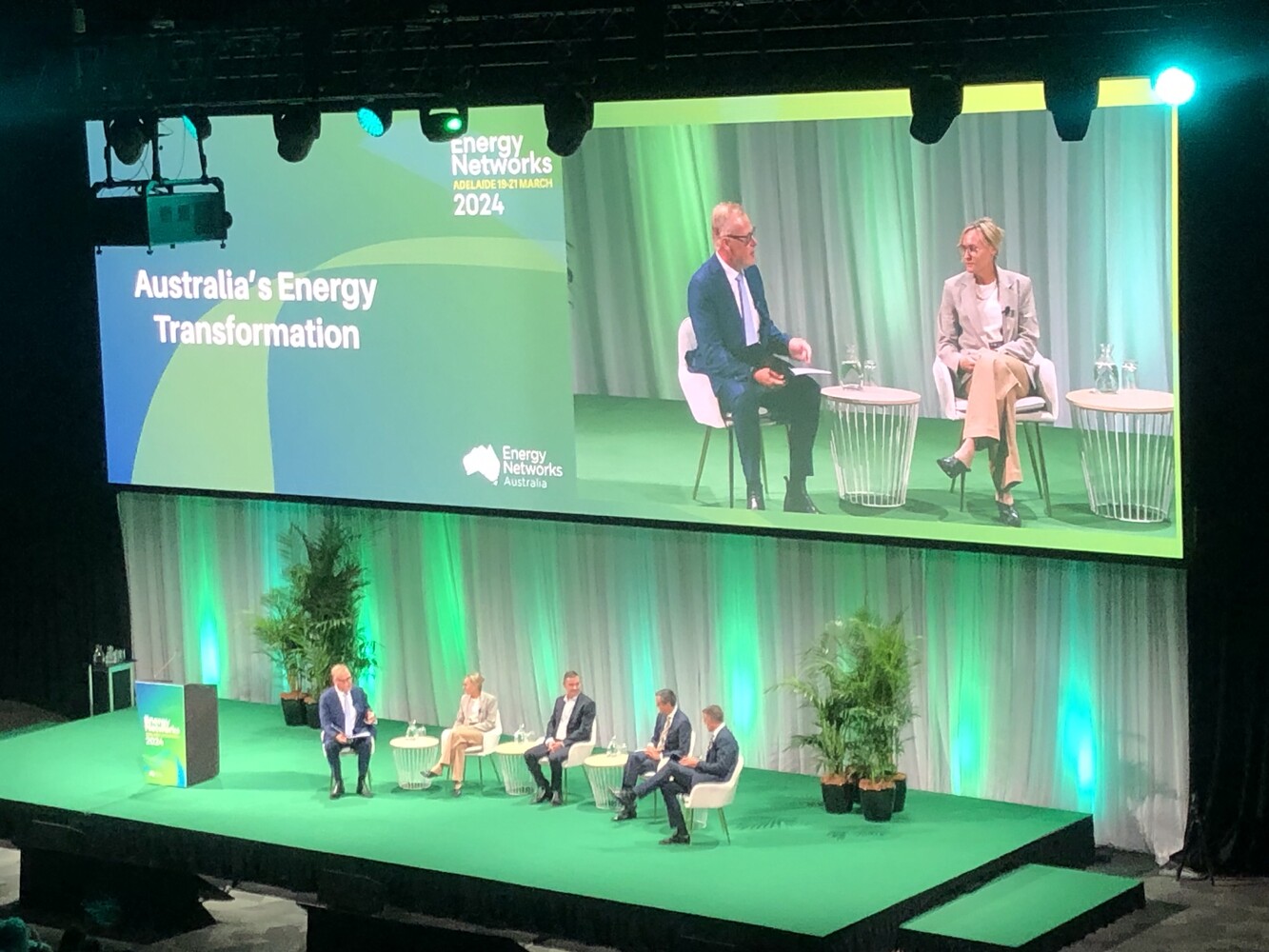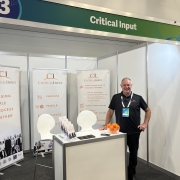EN2024: Talking supply chain

Russell at EN2024 where he engaged with industry leaders to talk all things supply chain
During and after the EN2022 conference, I lamented quite strongly that supply chain wasn’t the main character I expected it to be.
In the post-Covid era, these concerns weren’t unreasonable and have more or less been validated in the intervening period.
But I have to acknowledge, EN2024 was different. Supply chain has rightly emerged as a key discussion area and critical enabler for what is to come, across the entire sector. Although in my view, we still have further to go – perhaps EN2026 will see supply chain as a headline topic?
From my various conversations (see acknowledgements below), there seem to be the following key resonating themes:
- Rethinking from ‘start to finish’: We must adopt a comprehensive perspective when approaching our sourcing efforts. It’s imperative to consider the entire supply chain process, from initial demand assessment to the final deployment or utilisation of materials and services required for establishing the new energy network and facilitating the transition.
- A shift in strategy: We must pivot our approach to market strategy to address an unprecedented demand-supply imbalance. Persisting with our current tactics, risks being outmanoeuvred by established players who are well aware of our intentions. Continuously pursuing the same skills, services, and components simultaneously puts us at a disadvantage.
- Aggregating demand: Our focus should be on aggregating demand over a multi-year timeline or pipeline. By doing so, we can create more competitive pressure in a market that’s constrained. This long-term commitment to projects, rigorously competed for in the market, lays the groundwork for forging partnerships based on shared risks, rewards, and ultimately, a collective destiny.
- Breaking free from traditional methods: Engaging in a perpetual cycle of transactional tendering and conventional procurement isn’t viable anymore, particularly in the face of overwhelming demand. We need to break free from these traditional approaches and adapt to the evolving market dynamicsThe recent Energy QLD/Wilson Transformers strategic partnership already serves as perhaps a compelling example.
- More central planning: This may be a little fringe, or even controversial, but is there a role for one of the more centrally positioned, over-arching institutions to actively incentivise a more cohesive and optimal ordering and sequencing of the major projects coming through the pipeline?And further, what could be achieved if we harnessed and leveraged requirements across not just Australia, but also New Zealand and other near Pacific neighbours? Perhaps there is potential for a seasonal or cyclic labour force, given our largely harmonised border controls, to assist with peak overflow and skills shortages over this next decade? Any effort we undertake to tame the “Everything Everywhere All at Once” current situation will doubtlessly pay us back manifold and ensure greater value for our communities into the future.
- Modularisation and pre-fabrication: Perhaps it’s time to revisit the fundamental models we’re following for our major delivery projects. With enough critical mass and industry-wide participation, at least in the non-competitive domains, we might be able to alter where and how labour-intensive or highly complex tasks are undertaken.Small changes in some of these areas may offer major efficiency gains across the Supply Chain, especially with the current limited resources.
Final thanks and thoughts
I must convey sincere thanks to thought leaders and senior leaders from across the industry, who graciously tolerated me gently accosting them, or cornering them while rushing between sessions to engage on all things supply chain.
Many thanks to @Chris Dhu, @Peter Malinauskas, @Djuna Pollard, @Andrew Bills, @Dr Julie Beeby, @Sonya Furey, @Gloria Chan, @Bobby Vidakovic, @Rainer Korte, @Simon Emms, @Kay Pak, @Lindsay Taylor, @Carmelo Noel, @Suzanne Westgate, @Stuart Johnston, @Steve Macdonald, @Ann Whitfield, and so many more.
A final word of thanks to @John Cleland, @Dom van den Berg and again, Simon Emms for such a truly outstanding event. And of course, my stand buddy and fellow CRITICAL INPUT colleague Steph Cush.
We should all spare a thought for Guy Chalkley at this time…
#EN2026, here we come!
In the meantime, get in touch if you’d like more supply chain conversations.

Panel discussion at EN2024




